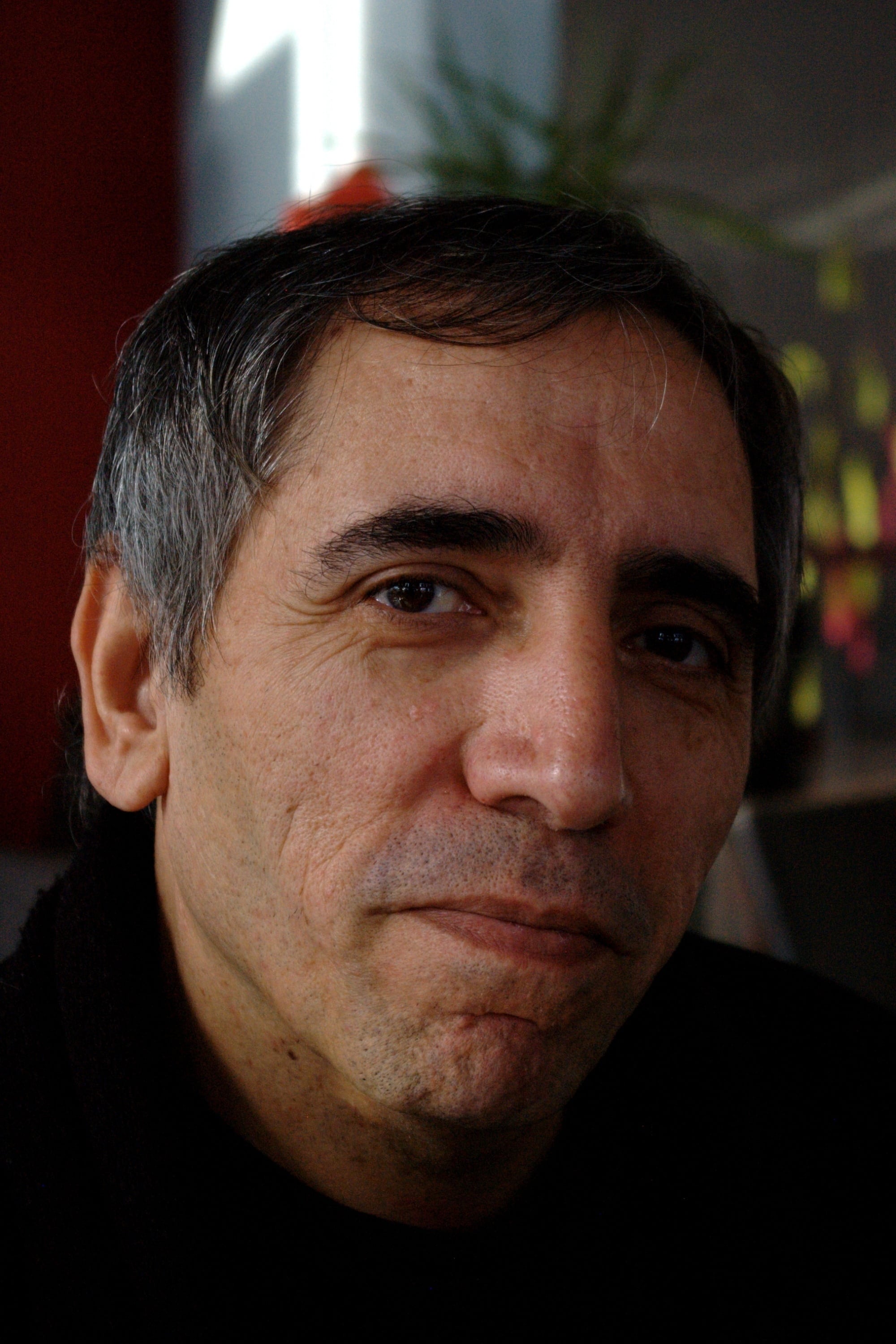
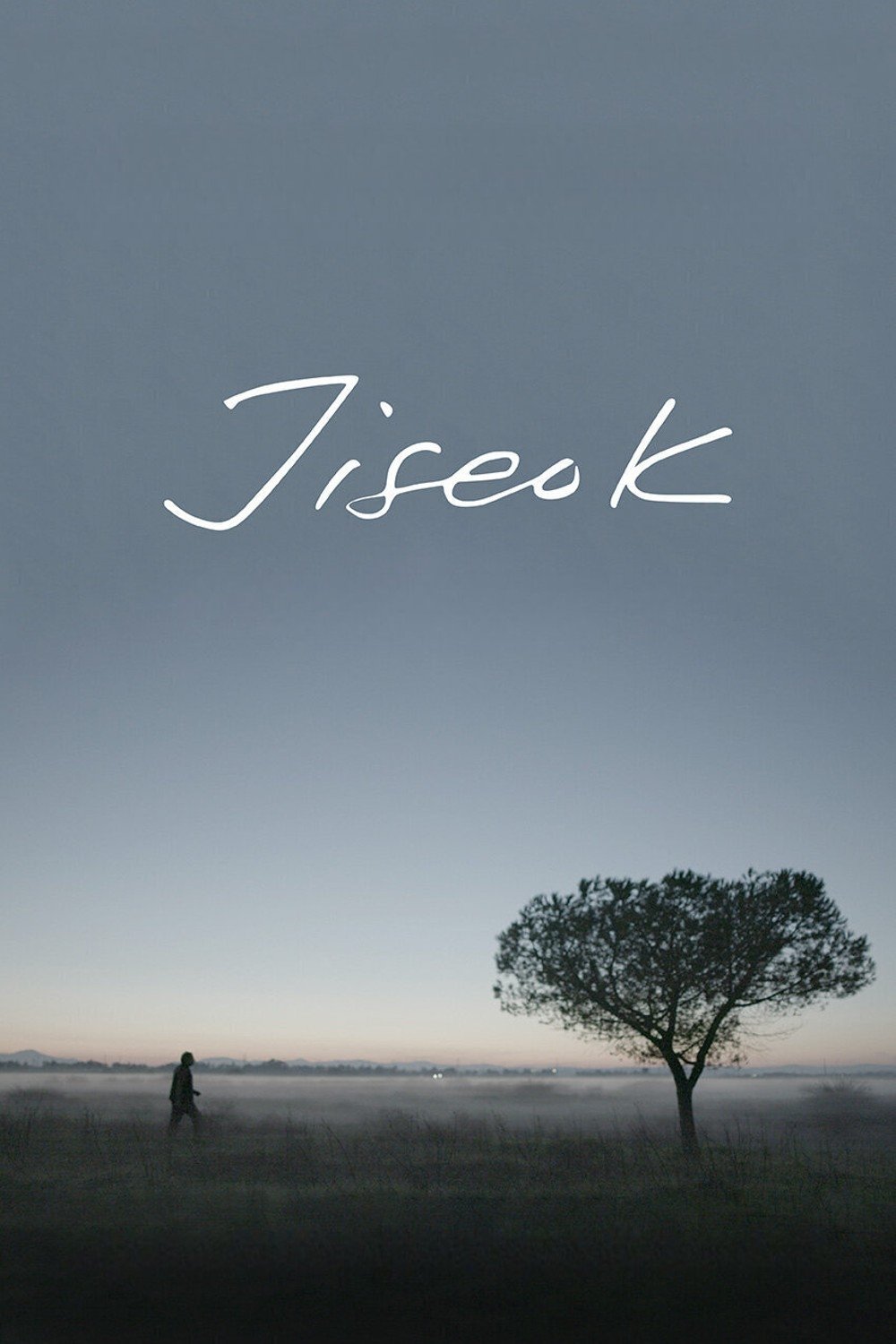
On May 18, 2017, the Busan International Film Festival’s Program Director Kim Jiseok died suddenly and unexpectedly from a heart attack while on a business trip to the Cannes Film Festival. In the face of his unexpected demise, his old friends and colleagues in the film industry recall what tormented him in his last days.

A nostalgic look at the birth and death of arthouse film distribution in the early 2000s in Russia. The story of the Cinema Without Borders company and its two founders, Sam Klebanov and Anton Mazurov.
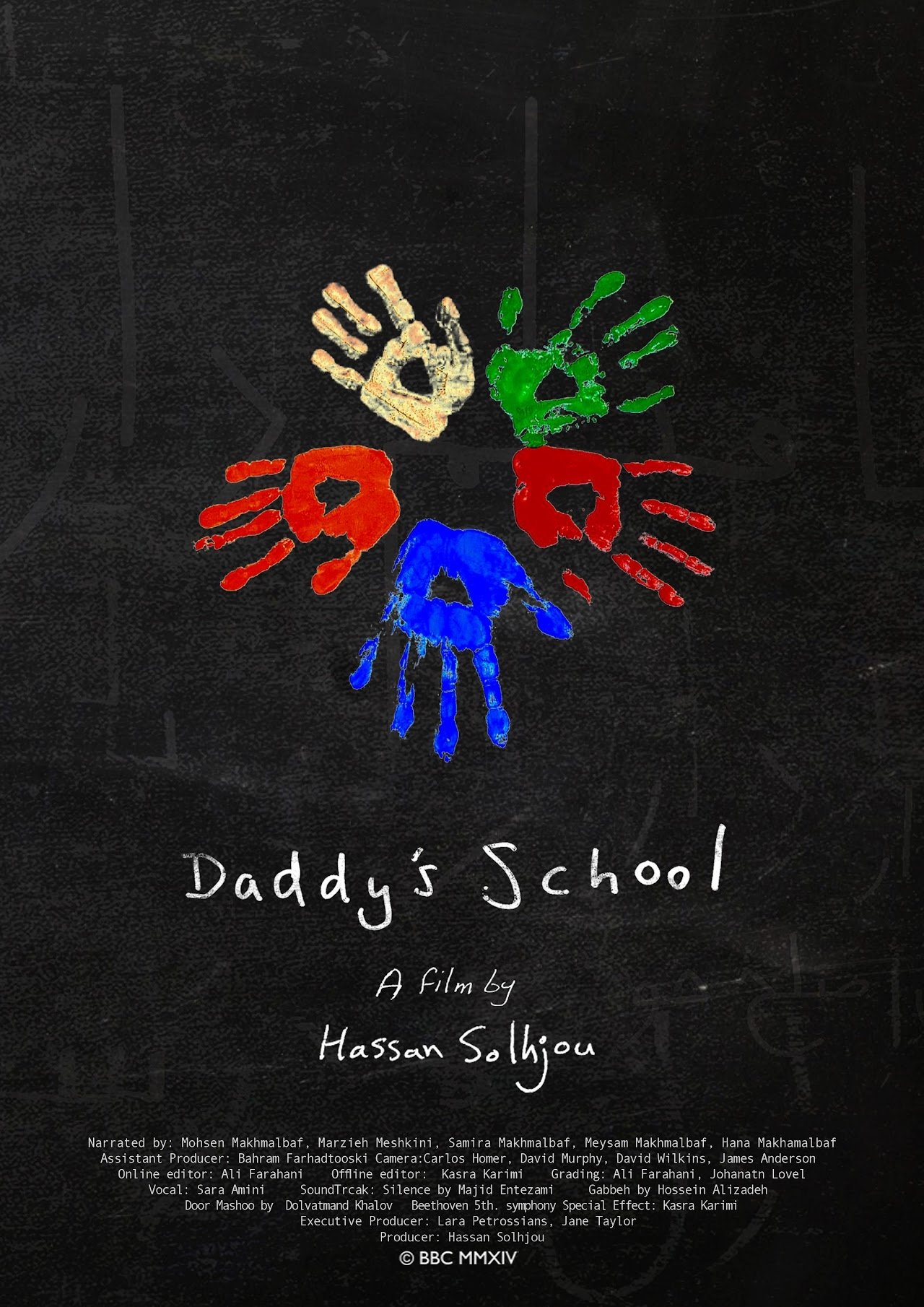
It is a story of a unique family in the world; A documentary on how a former political imprisoned revolutionary in a religious closed society like Iran, turned his house in to an open Film School and pave to way for his family to became world class film maker and top International award winners , including Cannes Venice , Berlin, San Sebastian , Locarno and many.
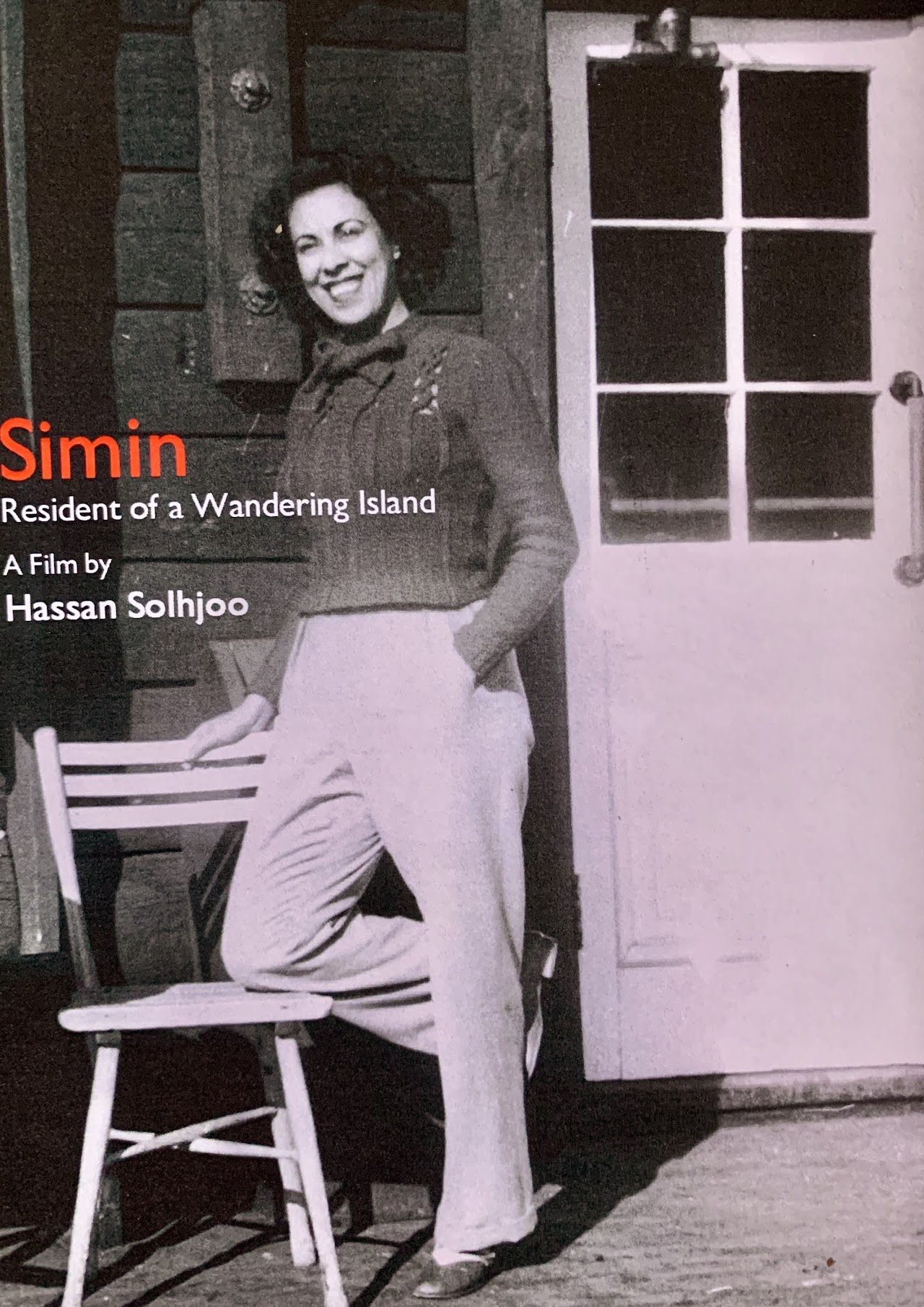
Simin Daneshvar was an Iranian pioneering novelist who lived nearly for a century and under 3 different political regimes. She and her husband, (Jalal Al Ahamd) have been regarded as "Iranian Simone de Beauvoir, and Jean-Paul Sartre". But they had a very different fate. Simin's life is a mirror of what has happened to Iranian women throughout a century, from unveiling the hijab and playing important roles in society to imposing hijab and staying at home in the Islamic regime. This film looks at her life through the history of women's movement in Iran.
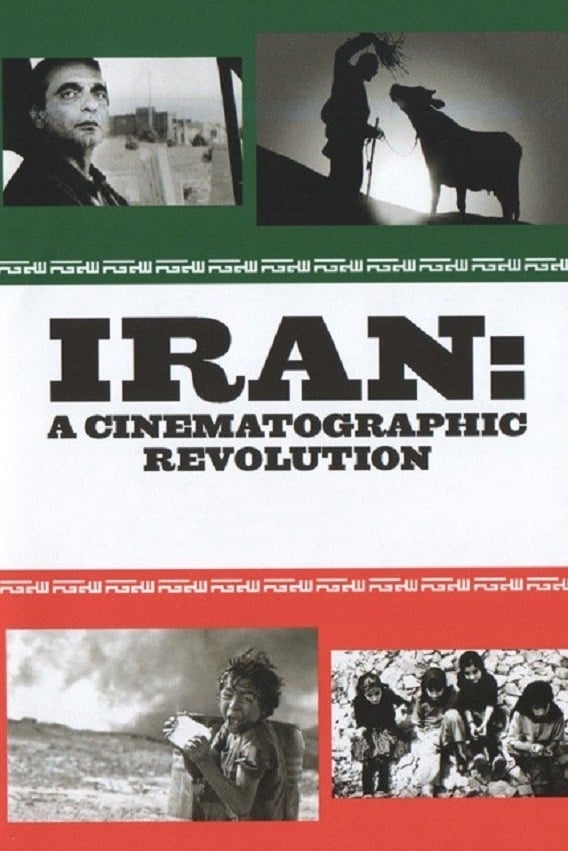
Today Iranian cinema is one of the most highly regarded national cinemas in the world, regularly winning festival awards and critical acclaim for films which combine remarkable artistry and social relevance. Iran: A Cinematographic Revolution traces the development of this film industry, which has always been closely intertwined with the country's tumultuous political history, from the decades-long reign of Reza Shah Pahlevi and his son, the rise of Khomeini and the birth of the Islamic Republic, the seizure by militants of the U.S. Embassy in Tehran, and the devastating war with Iraq.
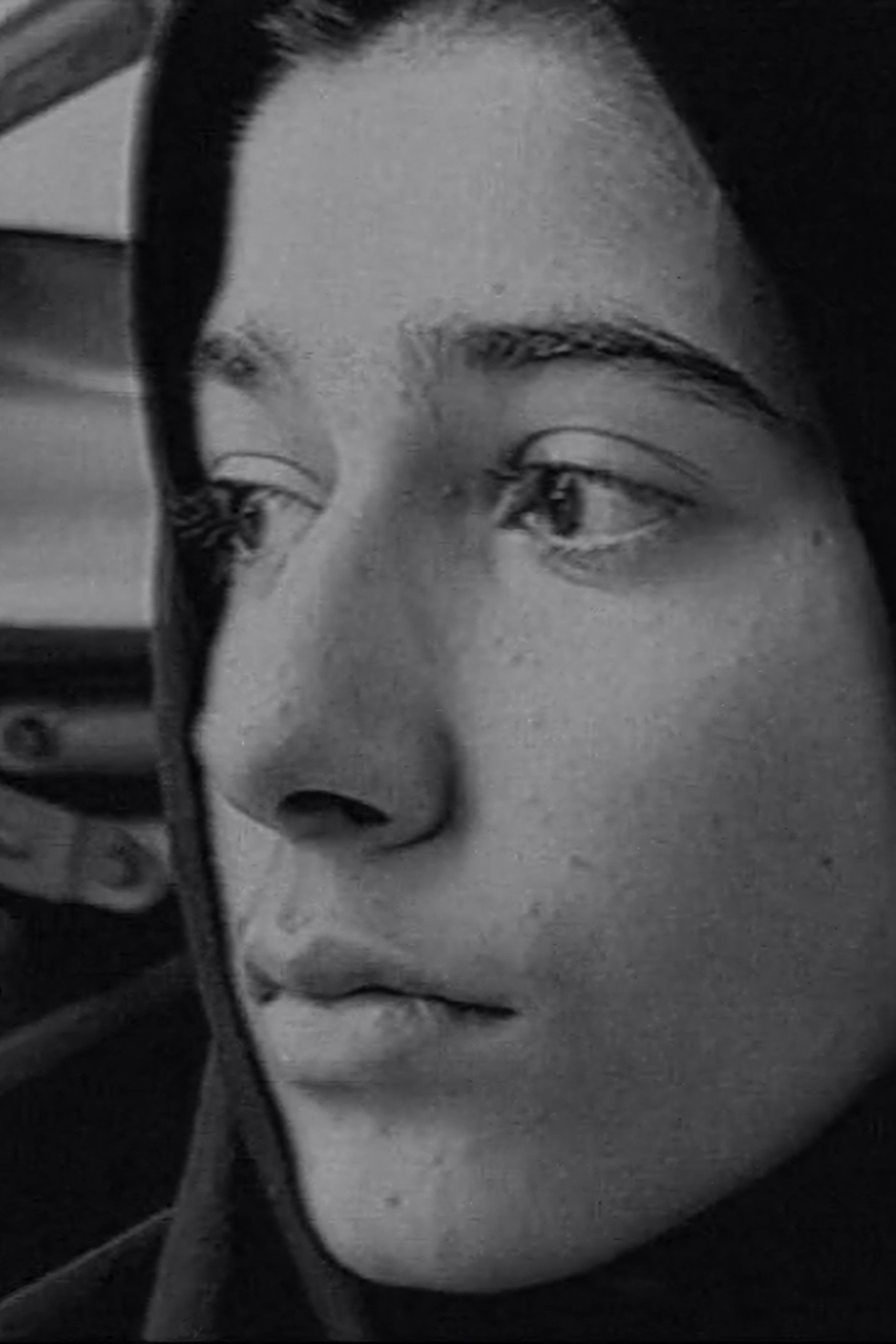
This is a film about the making of Salaam Cinema by Mohsen Makhmalbaf in Tehran and it’s eventual screening in Cannes Film Festival. Viewers are introduced to the personal and professional sides of Makhmalbaf and also to the uncontrollable passion for the cinema, held by the Iranian youth.
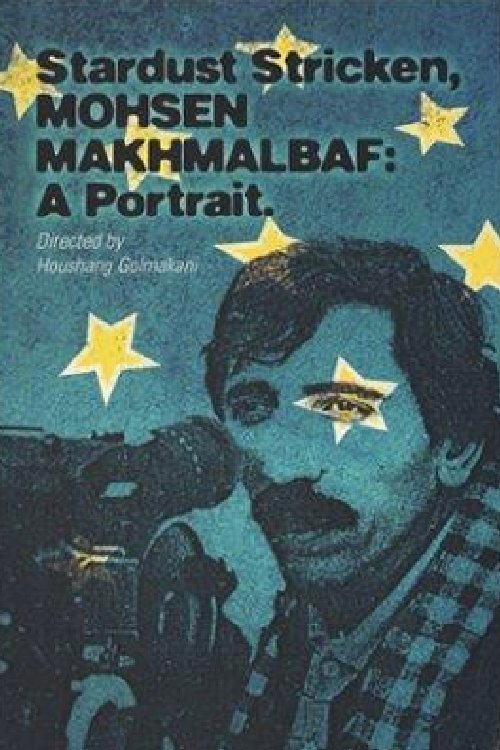
Director Mohsen Makhmalbaf claims to have never seen a movie before making his first film. Doubtful as it sounds, this boast matches perfectly with the controversial artist's personae. Stardust Stricken -- Mohsen Makhmalbaf: A Portrait documents the work of this Iranian filmmaker. After spending time in prison for political dissidence, Makhmalbaf discovered the social potential of the cinema. Some of his projects include Marriage of the Blessed and The Actor. While creating around 20 films, the outspoken director established new ideas about the nature of his work. In this release, Makhmalbaf speaks about art, human behavior, and his evolving fundamentalist beliefs.

A semi-autobiographical account of Makhmalbaf's experience as a teenager when, as a 17-year-old, he stabbed a policeman at a protest rally. Two decades later, he tracks down the policeman he injured in an attempt to make amends.
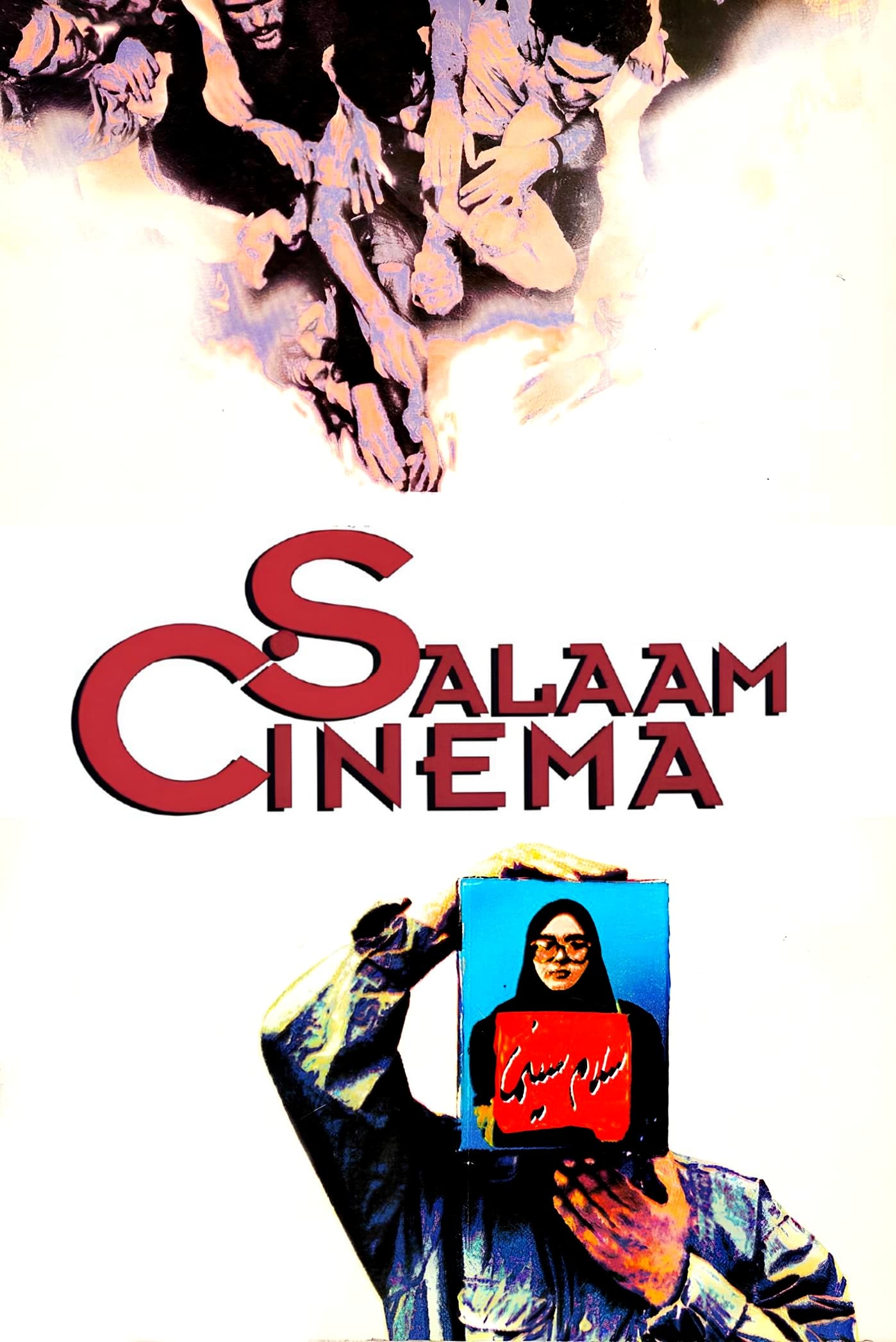
Makhmalbaf puts an advertisement in the papers calling for an open casting for his next movie. However when hundreds of people show up, he decides to make a movie about the casting and the screen tests of the would-be actors.
From Wikipedia, the free encyclopedia. Mohsen Makhmalbaf (Mohsen Mäxmälbaf, born May 29, 1957) is an Iranian film director, writer, editor, and producer. During 2007 he was the president of Asian Film Academy. Makhmalbaf's films have been widely presented in international film festivals in the past ten years. The multi-award-winning director, belongs to the new wave movement of Iranian cinema. Time magazine selected Makhmalbaf's 2001 film, Kandahar, as one of top 100 films of all time. In 2006, he was a member of the Jury at the Venice film festival. Makhmalbaf left Iran in 2005 shortly after the election of Mahmoud Ahmadinejad and now lives in Paris. As of June 12, 2009, and following the events of the 2009 Iranian presidential election, Mohsen Makhmalbaf has claimed that he has been appointed the official spokesman of Mir-Hossein Moussavi's campaign abroad. Description above from the Wikipedia article Mohsen Makhmalbaf, licensed under CC-BY-SA, full list of contributors on Wikipedia.
By browsing this website, you accept our cookies policy.